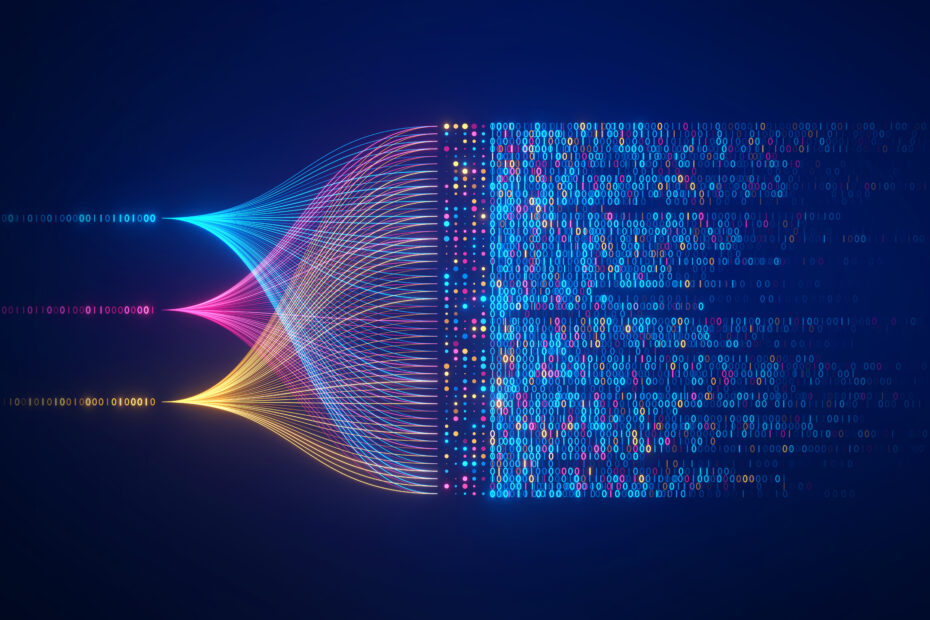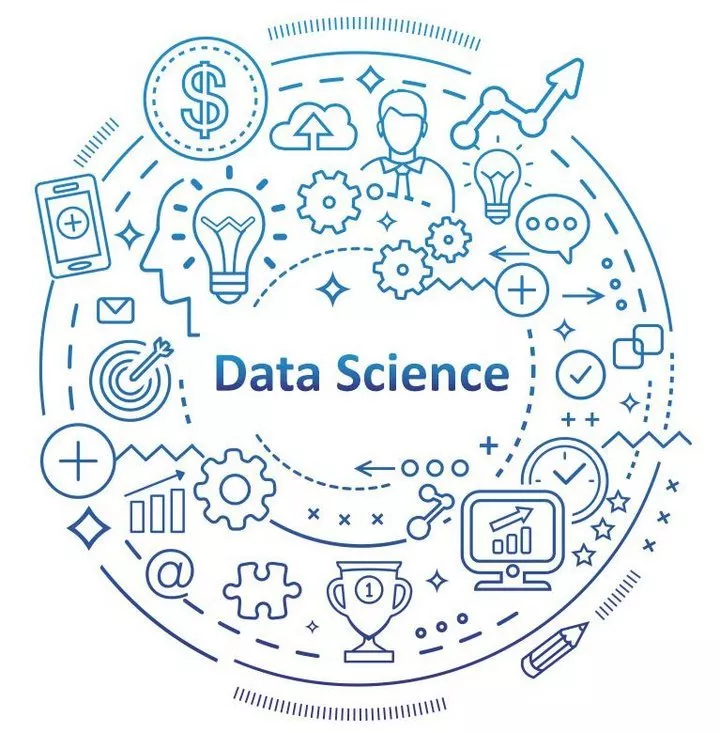The History of Artificial Intelligence
The History of Artificial Intelligence
Artificial Intelligence (AI) has become an integral part of modern technology, influencing various aspects of daily life, from personal assistants like Siri and Alexa to complex algorithms predicting stock market trends. This article delves into the rich history of AI, tracing its roots from ancient myths to the cutting-edge advancements of today.
Ancient Myths and Early Concepts
Mythological Origins
The concept of artificial beings endowed with intelligence dates back to ancient civilizations. Greek mythology, for instance, tells the tale of Talos, a giant automaton made of bronze who protected the island of Crete. Similarly, the Jewish legend of the Golem describes a humanoid creature animated through mystical means to serve its creator.
Mechanical Automata
In the medieval and Renaissance periods, inventors began creating mechanical devices that mimicked human and animal behaviors. Notable examples include Al-Jazari’s programmable humanoid robot in the 12th century and Leonardo da Vinci’s robotic knight in the late 15th century. These early automata laid the groundwork for later technological innovations.
The Birth of Modern AI
Theoretical Foundations
The formal foundation of AI began with the work of mathematicians and logicians in the early 20th century. Alan Turing, often considered the father of computer science, introduced the concept of a machine capable of performing any calculation through his 1936 paper on computable numbers. Turing’s work laid the theoretical groundwork for the development of digital computers and, eventually, AI.
Early Computing Machines
The development of the first digital computers in the 1940s and 1950s marked a significant milestone. Machines like the ENIAC and UNIVAC demonstrated the potential for computers to perform complex calculations rapidly. During this period, researchers like John von Neumann and Claude Shannon explored the possibilities of machine intelligence.
The Dawn of AI Research
Dartmouth Conference and the Birth of AI
The field of AI research formally began in 1956 during the Dartmouth Conference, organized by John McCarthy, Marvin Minsky, Nathaniel Rochester, and Claude Shannon. This conference marked the first use of the term “artificial intelligence” and set the stage for subsequent research and development.
Early AI Programs
The 1950s and 1960s saw the creation of the first AI programs. Notable examples include the Logic Theorist, developed by Allen Newell and Herbert A. Simon, which could prove mathematical theorems, and ELIZA, a natural language processing program created by Joseph Weizenbaum to simulate a psychotherapist.
Challenges and Winters
The First AI Winter
Despite early successes, AI research faced significant challenges in the 1970s, leading to reduced funding and interest—a period known as the first AI winter. The limitations of early AI programs, such as their inability to generalize knowledge and the computational constraints of the time, contributed to this decline.
Expert Systems and the Second AI Winter
AI experienced a resurgence in the 1980s with the development of expert systems, which used rule-based approaches to solve specific problems in fields like medicine and engineering. However, the limitations of these systems and the high costs associated with their development led to another period of reduced interest and funding in the late 1980s and early 1990s, known as the second AI winter.
The Rise of Machine Learning
From Symbolic AI to Machine Learning
The late 1990s and early 2000s saw a shift from symbolic AI, which relied on explicitly programmed rules, to machine learning, where systems learned from data. This shift was driven by advances in computational power, the availability of large datasets, and the development of new algorithms.
Breakthroughs in Deep Learning
The 2010s marked significant breakthroughs in deep learning, a subset of machine learning involving neural networks with many layers. Pioneering work by researchers like Geoffrey Hinton, Yann LeCun, and Yoshua Bengio led to dramatic improvements in tasks such as image and speech recognition. The success of deep learning algorithms in competitions like ImageNet showcased their potential and spurred further research and investment.
AI in the Modern Era
AI in Everyday Life
Today, AI is ubiquitous, powering applications in various domains. Personal assistants like Siri, Alexa, and Google Assistant use natural language processing to interact with users. Recommendation systems on platforms like Netflix and Amazon personalize content based on user preferences. AI-driven diagnostic tools assist doctors in identifying diseases, and autonomous vehicles are being developed by companies like Tesla and Waymo.
Ethical and Societal Implications
The widespread adoption of AI also raises important ethical and societal questions. Issues such as data privacy, algorithmic bias, and the potential impact of AI on employment require careful consideration. Researchers and policymakers are working to address these challenges to ensure that AI technologies are developed and deployed responsibly.
Future Directions
Advancements and Innovations
The future of AI holds tremendous promise, with ongoing advancements in areas like reinforcement learning, natural language understanding, and generative models. The integration of AI with other emerging technologies, such as quantum computing and the Internet of Things (IoT), is expected to lead to even more transformative innovations.
Challenges Ahead
Despite the rapid progress, several challenges remain. Ensuring the interpretability and transparency of AI systems, addressing ethical concerns, and managing the societal impact of AI will be critical as the technology continues to evolve. Collaborative efforts between researchers, industry, and governments will be essential to navigate these challenges and harness the full potential of AI.
Artificial Intelligence has come a long way from its mythological and theoretical beginnings to its current status as a driving force in technology and innovation. As AI continues to advance, it will undoubtedly shape the future in ways we are only beginning to imagine.


